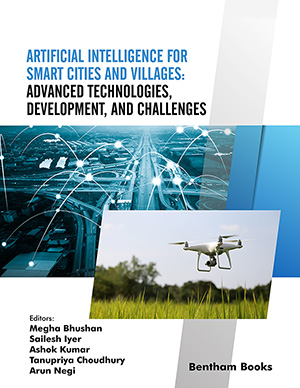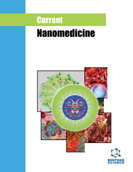Abstract
Agriculture is India's largest employer, employing more than 265 million people and accounting for about 70% of the country's rural population. Despite playing a critical role in Indian farmers' livelihoods, agricultural earnings continue to plummet at an alarming rate, owing to decreasing water reserves, massive land fragmentation, and catastrophic climate change. Drones, data-driven precision agriculture (IT, GPS, remote sensing, and GIS), intelligent sensors, the Internet of Things, robotics, automation, climate-smart resource management, advanced delivery systems, and cognitive technologies are new-age technologies used in digital Farming. This strategy is one of the most accurate ways to keep plants and make the best judgments possible. It allows farmers to conserve resources while ensuring a healthy plant, resulting in a more sustainable economy and environment. This article focuses on digital Farming and best practices for leading sustainable agriculture techniques that allow farmers to increase output while also providing consumers with safer, more nutritious, and bettergrown food.
Keywords: Agriculture sector, Climate-smart resource management, Digital farming, Drones, New age technologies, Precision farming, Sustainable agricultural practices.






















